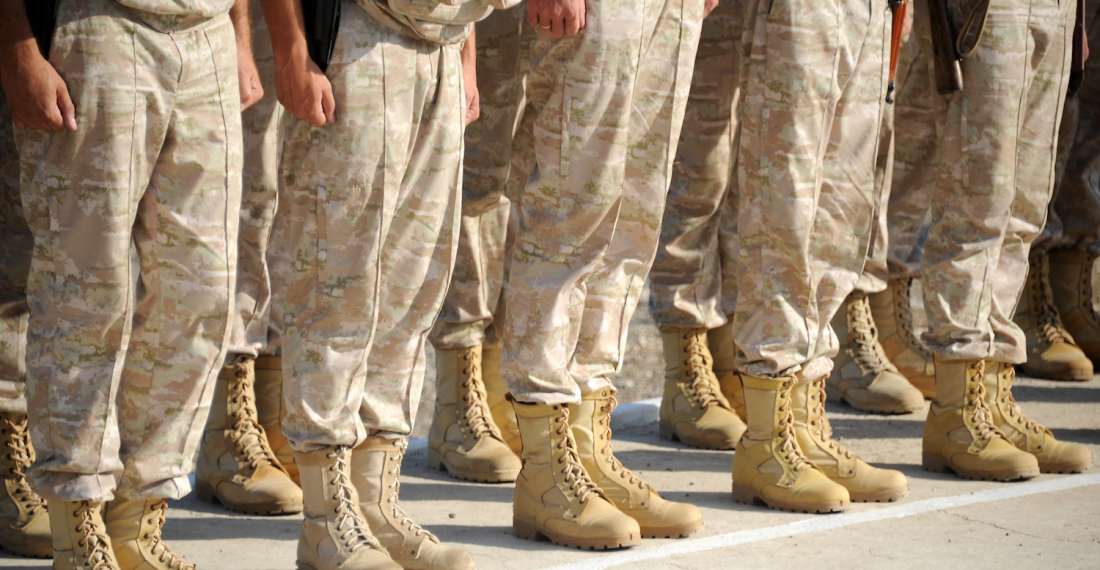The European Union aims to impose sanctions on the Russian mercenary company the Wagner Group. France initially pushed the idea following reports that the Group was entering into a deal with the military government in Mali. At a meeting of ministers of foreign affairs of the EU last Monday (15 November), the Netherlands and the Czech Republic also expressed concerns about the mercenary group.
According to the EU countries, the Wagner Group, which hires out security guards and soldiers in countries like Libya, Syria, and the Central African Republic, has no respect for human rights or the rule of law. Moreover, while Russia claims that the Wagner Group is a private company and with its own interests, it allegedly takes orders from the Kremlin, according to the EU ministers.
"We are going to see if we can take action against the executives of that company," said the Dutch Minister of Foreign Affairs, Ben Knapen. Also speaking after Monday's meeting, the High Representative of the EU for Foreign Affairs and Security Policy, Josep Borrell, said consensus had been reached "to move forward in order to take restrictive measures against this group".






